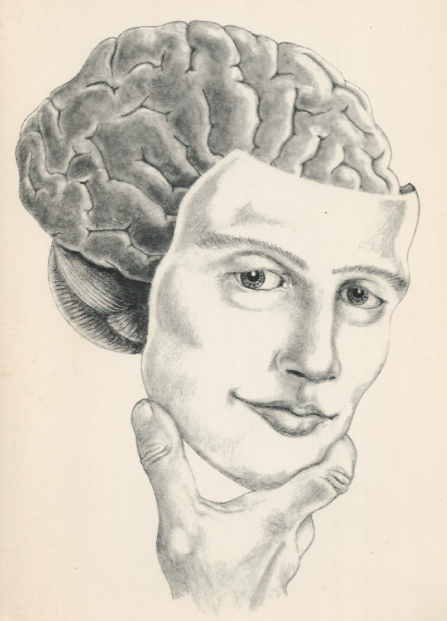Folk Psychology

If we are going to do scientific psychology, where should we start? A good place to begin, I think, is our everyday understanding of ourselves and how we relate to, communicate and understand other people. We have complex interactions. For example, we converse, cooperate and compete (there’s more interactions but that will do for now). Such interactions seems to depend on our and others’ beliefs, desires and goals. Inducing new states also play a part. Sometimes we want to persuade others to behave as we want them to. But crucially we also want to be able to predict the behaviour of other people. For instance, if I cross the road at a red traffic light, will the person driving the car come to a stop? We’re very good at predictions, but we’re not perfect. We cannot predict new trends or works of genius in the arts, sciences or humanities. That’s because outside events and anomalies also figure into what happens, not just internal thought patterns and beliefs and desires. When we predict the behaviour of others, we also make predictions about the world in some way. Despite there being no ’scientific calculus’ for predicting other people’s behaviour, we still do well despite the lack of a calculus. Absent such a calculus, how might we predict the behaviours of others?
There are two main contender theories. There’s the “theory-theory” view, which says we have an implicit theory in us about how people work. The second contender is the “simulation theory”, the idea that we’re able to predict the behaviours of others because we are people ourselves.
The theory-theory view holds a real grasp on our understanding of self. To see how we put it to use, let’s introduce some common sense psychological truisms or platitudes. If A desires p and believes q then A will act in ways that given q will tend to promote p. For example, A desires to be away from the rain and believes there is a place of shelter 200m north-west. Given that belief, A will continue to walk until he reaches the shelter, in order to get away from the rain. This is one example of a platitude. Note that platitudes and truisms can be of arbitrary complexity.
Now here’s the beautiful part. The combination of all common sense psychological platitudes constitutes the folk theory of psychology. Once platitudes are collected, they can be systematised with laws and theoretical principles. Principles - or theoretical terms - might talk about things which aren’t directly observable. Such theoretical terms however only make sense in the context of the theory; as part of the theory itself, given they come out of the theory. Scientific theories talk about entities like ‘atoms’, ‘molecules’, ‘galaxies’ as being real; that they have a genuine independent existence from our minds, language and social structures. Atoms, molecules and galaxies are the theoretical terms of the physical sciences, namely physics and chemistry in this case. The theoretical terms of folk psychology are beliefs, desires, goals, fears - they are so called “intentional states” (note that “intentional” is a technical term here, referring to the relation between a belief or desire and the object the belief or desire is about). The theoretical terms of folk psychology have been invoked as providing the means of our success in predicting the behaviour of others. Based on this type of analysis, folk psychology is true if and only if its theoretical terms are true. There is lots of debate, however, on the exact status of folk psychology which I will expand on in another post. But I think folk psychology is very appealing.
Cover: Art by Robert Dano. Book cover of Matter and Consciousness by Paul Churchland.